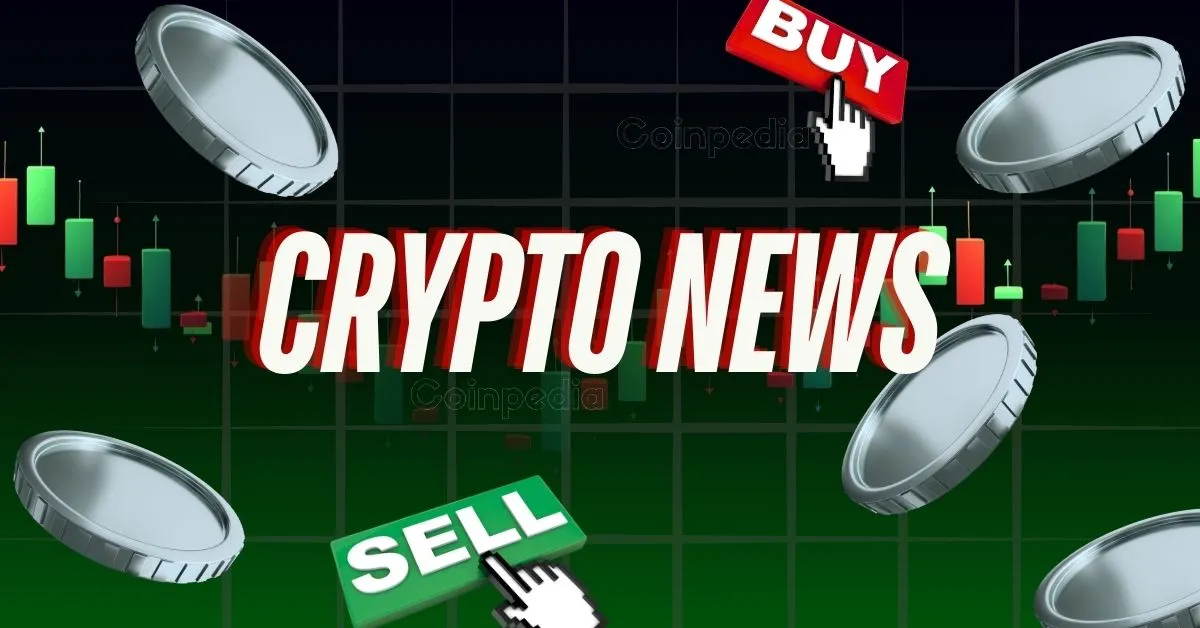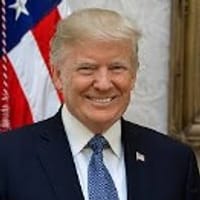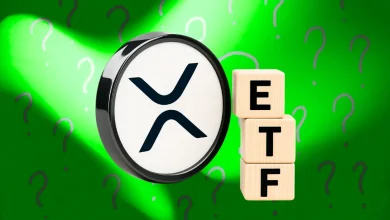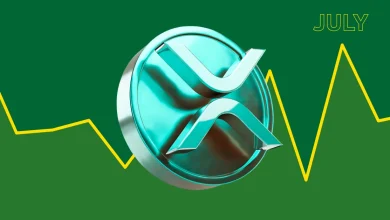
The US government is planning a cryptocurrency reserve, sparking debate about its composition.
Experts like Will Baxter argue strongly for a Bitcoin-only reserve, citing Bitcoin's decentralization and security.
Baxter criticizes altcoins for centralized control, pre-mined supplies, and potential security vulnerabilities.
Since President Donald Trump

 Donald Trump
Donald J. Trump is a US-based entrepreneur, Pro-crypto Politician, and the 45th and 47th President of the United States of America. He understands the importance and needs of the modern fintech world, and people look up to him as a dominant pro-crypto leader.
Quick Facts
Full name Donald John Trump Birth 14-06-1946, New York, United States Nationality American Education BS from the University of Pennsylvania Known For Businessman, Pro-Crypto Politician
Once doubtful about Bitcoindominance, he said in a tweet in 2019, “I am not a fan of Bitcoin", but now has a significant amount of cryptocurrency holdings in his kitty. He has also signed an Executive Order to establish a Strategic Bitcoin Reserve, which highlights his commitment to the future of cryptocurrency.
Donald Trump - Career Highlights & Events
2016 – Elected as the 45th President of the United States from the Republican Party. 2017 – Signed the Tax Cuts and Jobs Act, impacting investment environments 2019 – Criticized Bitcoin and Libra on X, dubbing them as "not money" 2024 – Campaign signals potential openness to crypto-friendly reforms 2025 – Elected as the 47th President of the United States from the Republican Party.
A meme coin, $TRUMP, is associated with Donald Trump, which is listed on the Solana blockchain platform. His family also backs World Liberty Financial (WLF), a crypto venture.
President confirmed plans to create a U.S. cryptocurrency reserve, speculation has been running wild. Will it be Bitcoin-only, or will major altcoins like XRP, Solana, Ethereum, and Cardano make the cut? Opinions are sharply divided.
Donald Trump
Donald J. Trump is a US-based entrepreneur, Pro-crypto Politician, and the 45th and 47th President of the United States of America. He understands the importance and needs of the modern fintech world, and people look up to him as a dominant pro-crypto leader.
Quick Facts
Full name Donald John Trump Birth 14-06-1946, New York, United States Nationality American Education BS from the University of Pennsylvania Known For Businessman, Pro-Crypto Politician
Once doubtful about Bitcoindominance, he said in a tweet in 2019, “I am not a fan of Bitcoin", but now has a significant amount of cryptocurrency holdings in his kitty. He has also signed an Executive Order to establish a Strategic Bitcoin Reserve, which highlights his commitment to the future of cryptocurrency.
Donald Trump - Career Highlights & Events
2016 – Elected as the 45th President of the United States from the Republican Party. 2017 – Signed the Tax Cuts and Jobs Act, impacting investment environments 2019 – Criticized Bitcoin and Libra on X, dubbing them as "not money" 2024 – Campaign signals potential openness to crypto-friendly reforms 2025 – Elected as the 47th President of the United States from the Republican Party.
A meme coin, $TRUMP, is associated with Donald Trump, which is listed on the Solana blockchain platform. His family also backs World Liberty Financial (WLF), a crypto venture.
President confirmed plans to create a U.S. cryptocurrency reserve, speculation has been running wild. Will it be Bitcoin-only, or will major altcoins like XRP, Solana, Ethereum, and Cardano make the cut? Opinions are sharply divided.
Some believe including altcoins would make the reserve more diverse and adaptable. But others, like Will Baxter, argue that anything other than Bitcoin would be a huge mistake. His reasoning? Decentralization, security, and long-term value.
So, is a Bitcoin-only reserve the smarter move, or are altcoins being unfairly dismissed? Let’s dive into Baxter’s arguments and find out.
Trump’s Pro-Crypto Shift: A Big Policy Change
Donald Trump’s return to the White House has dramatically changed the U.S. government’s approach to crypto.
Shortly after taking office, the Trump administration introduced several pro-crypto policies, including:
- Forming a crypto task force under the SEC to create clear regulations.
- Appointing pro-crypto leaders to key positions in the White House.
The biggest move so far? The confirmation of a U.S. crypto reserve. However, the government hasn’t revealed which cryptocurrencies will be included. While some expect a mix of Bitcoin and altcoins, Baxter argues that the reserve should be Bitcoin-only.
Why Baxter Wants a Bitcoin-Only Reserve
1. Bitcoin Is the Only Truly Decentralized Asset
Baxter emphasizes that Bitcoin is the only cryptocurrency that is fully decentralized. Unlike altcoins, which are often controlled by founding teams or companies, Bitcoin has no central authority influencing it.
2. Altcoins Give Insiders an Unfair Advantage
Baxter is concerned about pre-mined supply, which gives early investors a big edge.
- Bitcoin has no pre-mined supply—every coin is mined fairly.
- Ethereum pre-sold 70% of its initial supply, benefiting insiders.
- Ripple controls 55% of all XRP, and Solana insiders own 50% of SOL.
According to Baxter, this makes altcoins too centralized to be included in a national crypto reserve.
Security and Censorship Resistance Concerns
The expert has also pointed out the importance of security. Bitcoin is known for its robust mining network. It is considered as highly secure. Are altcoins as secure as BTC? The sensible answer is no. It is not sensible to include a crypto with a questionable security framework to the national reserve of a country which wants its economic system to be highly resistant to external threats.
4. Ethereum’s History Proves It’s Not Immutable
The expert has explained how a hack exposed the fundamental weakness of the world’s largest altcoin. Ethereum lost approximately $60 million in the DAO hack. Emphasising how Etheruem rolled back its blockchain after the hack, the expert has argued that Ethereum can be altered when convenient.
5. Bitcoin’s Real-World Usage vs. Altcoin Speculation
Baxter has also argued that altcoins see minimal real economic activity compared to Bitcoin.
Bitcoin is used by millions as a store of value and settles.
6. Bitcoin’s Fixed Supply vs. Altcoin Inflation
Bitcoin has a fixed supply of 21 million coins, making it scarce and valuable.
Meanwhile, altcoins—including Ethereum—have changed their supply rules multiple times, making them less predictable.
7. Did Altcoins Lobby Their Way Into the Reserve?
Baxter has alleged that altcoins like XRP, Solana, Ethereum and Cardano have lobbied their way into the US crypto reserve. He has explained why it is unfair to include altcoins in the reserve, asking: “we don’t put tech stocks on our national balance sheet. Why would we put their blockchain equivalents there?”
No matter which assets make the cut, the U.S. crypto reserve will mark a defining moment in financial history.
Never Miss a Beat in the Crypto World!
Stay ahead with breaking news, expert analysis, and real-time updates on the latest trends in Bitcoin, altcoins, DeFi, NFTs, and more.
FAQs
Donald Trump’s administration confirmed plans to establish a US crypto reserve, but details on its composition remain unclear. Bitcoin is a likely inclusion.









